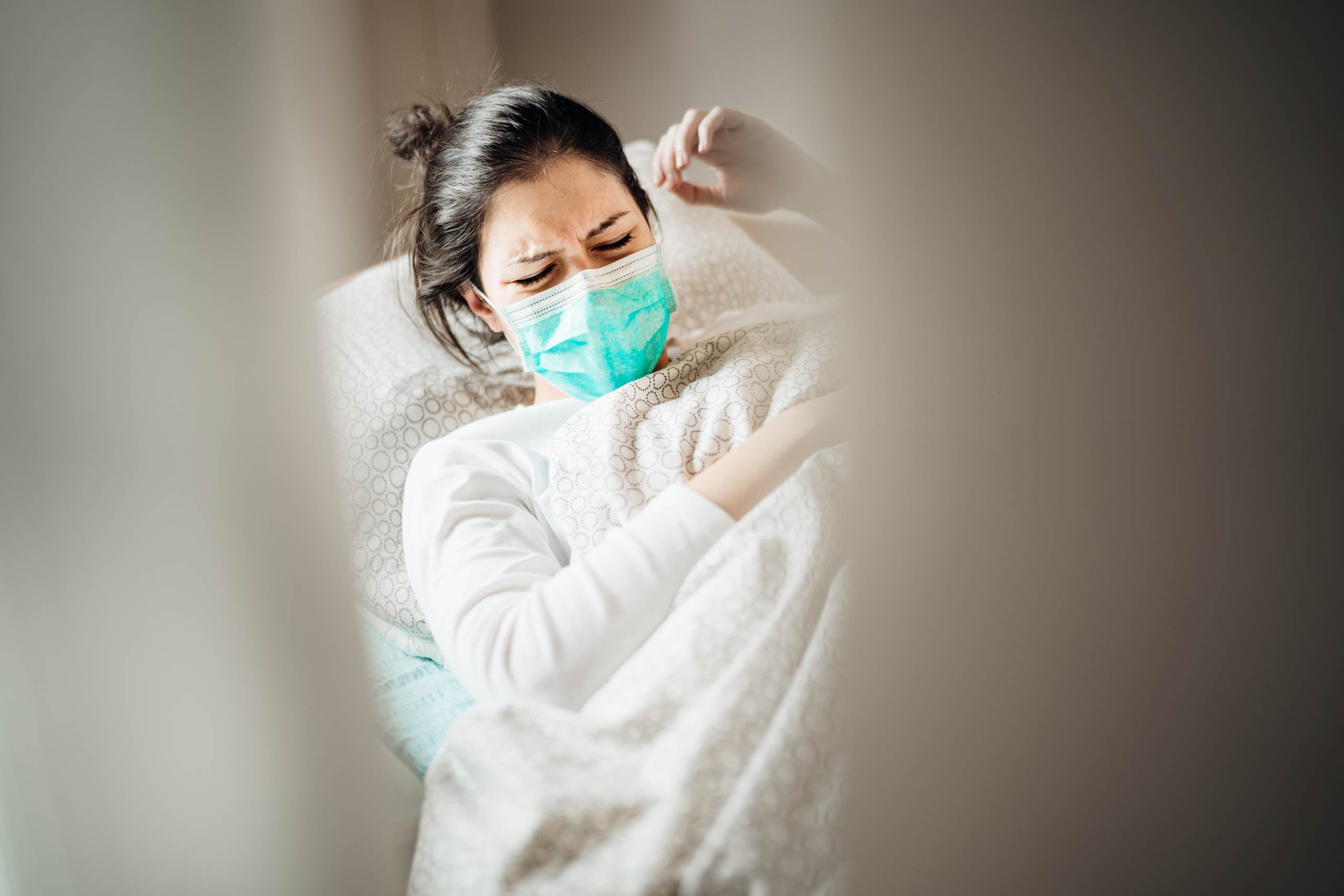Covid-19 has demonstrably altered the way we go about our daily lives. For most of us, it has impacted the way we transact business, career and vocational pursuits, as well as our relationships. Human beings crave routine, which increases our sense of certainty. Growth means taking calculated risks and, this too has often been limited or curtailed due to safety and logistical issues related to the pandemic.
What Has Covid-19 Done to Our Mental Health?
You may find yourself obsessing over financial issues due to an inability to find or maintain employment. You may worry about getting sick with Covid, and wondering who will pay your bills or ending up in the hospital all alone with no one able to visit. If you live alone, you may experience increased isolation from the world around you. On the other hand, if others are living in the house with you, it may be stressful living 24/7 under the same roof.
Since the advent of Covid-19, there has been a dramatic increase in stress overload, anxiety, sadness, depression, and loneliness. For those persons experiencing these states before Covid-19, it can feel even worse. There’s been an alarming rise in alcohol and drug use (both legal and illegal) as a way of dealing with uncomfortable feelings, anxiety, and stress. While offering short-term relief, drinking and drugging can worsen anxiety and depression. It can also inhibit the body’s immune system, thereby putting users at increased risk of lowered immunity as well as compromised heart and lung functioning.
Strategies for Engaging in Self-Care During Covid-19
During these times of increased stress, anxiety, and vulnerability, it’s most important to take time out to see what you need to do to maintain an optimum level of physical and mental health.
Get enough Sleep
Commit to getting a good night’s sleep by going to bed and waking up at the same time each day. Trusting your body’s internal clock will help promote restful and prolonged sleep. If you find yourself worrying more when you hit the bed, try meditating or listening to comforting podcasts to put you in a more relaxed state. Also, a nightly cup of Camomile tea may help.
Reduce your screen time
Shut off your computer or other smart devices about an hour before going to bed. Excessive screen time keeps the brain in overdrive, making it harder to relax or get a good night’s sleep. Too much exposure to social media can detract from engaging in meaningful daily activities that increase one sense of well-being.
Maintain good eating habits
Choose healthy alternatives to refined sugars which can drastically alter blood sugar levels, making you feel jittery and lethargic. Limit caffeinated drinks avoid them before going to bed. Limit your intake of convenient fast-foods, instead choosing a diet high in fiber and essential vitamins. The adage, “You are what you eat” continues to ring true.
Engage in daily exercise
The benefits of daily, regular physical activity are well documented. It promotes a higher level of mental alertness, increases endorphins which promote calm and well-being, gears the body to better manage stress, reduces anxiety and depression, increases lung capacity and heart functioning, and many other benefits.
Despite restrictions imposed on us by the pandemic, a brisk walk or bike ride is within reach. At the very least, physical exercise can be a welcome (and healthy) distraction from our problems and better prepares us for the challenges that lie ahead.
Avoid or limit tobacco, vapes, alcohol, or drugs
Smoking or vaping puts you at higher risk of lung disease. Increased alcohol or drug use, as mentioned, may offer short-term relief from distressing thoughts, feelings, or life circumstances, but inhibits your capacity to practice and master essential coping skills that can increase self-efficacy and well-being.
Maintain a routine
We are creatures of habit. In doing so, we maintain a level of certainty in uncertain times. Routine keeps us physically and mentally alert. Regulating our mealtimes, bedtime, work, and study, and exercise routines keep us grounded during difficult times. It also reduces opportunities to obsess over that which keeps us distressed and anxious.
Try something new
While routine helps us better deal with the uncertainties of today, sameness can also come at a hefty price. It can lead us to feel like “human doings,” which is akin to going through the motions of daily life without a feeling of purpose, vigor, or joy. In contrast, living as a “human being” suggests a state of awareness that leads to being more immersed in thoughts, feelings, and behaviors that promote a greater sense of self-efficacy and well-being. This newfound awareness can manifest through engagement in new hobbies and pursuits that allow you to feel more fully alive. Perhaps you’d like to learn how to paint, or take an online class, or learn how to play the guitar, or practice Tai, Chi (as I have). The list is endless.
Stay connected with others
During times of uncertainty, it’s even more important to maintain contact with the outside world. Sharing your struggles with other people who may be going through tough times, can lessen the impact of feeling alone or isolated. In relating their struggles through the pandemic, you can gain valuable insight into your struggles along with helpful coping skills and behaviors to improve your situation.
Maintain a quiet time for yourself
Taking time out of your day to read, journal, meditate or reflect, or otherwise engage in some “me time’ can help to relax and recharge. As little as thirty minutes out of your day may be all that is needed. Figuring out where and when to fit this into your day can have a positive impact on mind and body. If you find yourself experiencing intrusive, distressing thoughts during this quiet time, write them down and put those thoughts away for later on when you feel more rested and relaxed and better able to problem-solve.
Get help if you need it
It’s normal to feel stressed and somewhat disconnected during the pandemic. Many people are struggling with a new way of life that has challenged the way we engage in everyday life. The extent to which we adapt, and thrive, during this difficult time depends on our unique history and internal make-up. While some people have adapted relatively well to the impact of Covid-19, other people have struggled with a level of fear, anxiety, sadness, or depression for which there seems to be no relief. To those persons, I say, “You don’t have to go it alone.” Talking to a trained mental health therapist will enable you to safely share what you’re going through, and in the process, you will learn powerful strategies to live with peace, joy, and purpose.
Guest Blog by Irving Schattner, LCSW, Counseling Center for Growth and Recovery
Medically Reviewed: September 25, 2019

Cayla Clark, BA
Medical Reviewer
Chief Editor
All of the information on this page has been reviewed and verified by a certified addiction professional.



